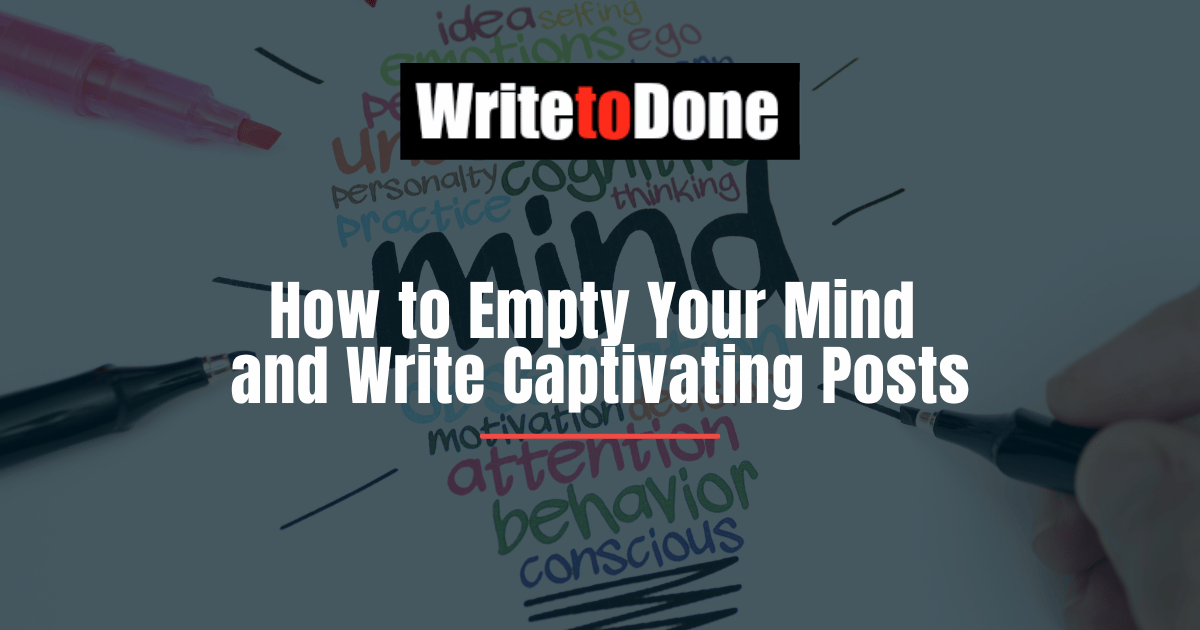“Without the commentary in my mind, I could gather myself in silence of body and mind, and then explode into action from within that deep silence.” Mary Jaksch
David, a 3rd degree black belt in karate, was standing across from me ready to attack. It was one of my first voyages into formal sparring as a lowly orange belt, one step up from karate kindergarten. We were given a preset attack and defense by our sensei. Then he commanded, “Attack when ready.”
David stood there for a moment, his eyes half closed, totally relaxed, the picture of serenity. I remember thinking, “What’s he doing?”
Then, I made a mistake. I blinked and he hit me. I never even blocked. Never saw him move. My initial thought? “What the hell just happened?” I realized that day there was a whole other level in karate.
When I became a black belt and teacher I began to understand. One class, I was teaching, we’d been drilling basics and putting them into formal sparring.
After class a student asked, “Why do we practice these formal techniques? In real life I won’t ever use them. Why don’t we just free spar? That’s more realistic.”
I responded, “You’re partially right. You probably never will use that exact technique in a match or for defense. But you’re practicing the techniques and how to move in various ways so in the ring or on the street you’ll just react. You won’t have time to think. You need to trust your skills at that point and accomplish what you need to automatically.
Great writers are much the same way.
They write fast and effectively. When you read their writing it feels like you are sitting having coffee with them discussing profound ideas. Some of them talk about writing posts in an hour or two, though I would guess the norm is longer. They’ve learned to let writing flow naturally and seemingly effortlessly. Yet, it comes out good.
For the rest of us mere mortal writers it isn’t quite like that. We struggle to craft our posts. It can easily take a week to put together a good one. Sometimes it seems to flow and sometimes it’s like trying to push a car uphill. A lot of struggle with very little gain.
It’s easy to become discouraged and think, “How can I ever master this? Why is it so slow and hard for me and so easy for so many others? Will my writing ever just flow consistently each time?”
It first comes back to the basics. Obviously, practice a lot, read about writing, take classes, be a part of a writers group, and write as much as you can.
But then beyond that is what I learned in karate.
It’s called the principle of the “Empty Mind.”
No, not the one my wife thinks I’ve mastered.
It simply means, after all the practice, when you’re in a real life situation in karate or in writing you empty your mind of all the rules and just let it flow. You trust your ability and let your actions go where they need to naturally. And amazingly they will. Your subconscious will take over and you’ll react in effective ways.
So how do we apply this in writing?
For me, I break it down into steps. I try to separate my creative side from my analytical side. You know the whole right brain, left brain thing? Never could remember which is which. That probably says which I am.
When I’m writing I follow this procedure.
First, I research and outline the post. I think about the format, title, focus. I research other articles, get quotes, fill in illustrations and figure out the overall tone. This is analytical and is kind of like practicing the basics to get better at my craft while I’m actually preparing to write.
Second, usually the next day, I write the first draft. I simply open up a blank page, follow my outline and write as fast as I can. I don’t worry about spelling, grammar, sentence structure or any other rules. My mind is completely empty of form and only focused on getting words on paper. Leo Babauta has said about this stage he didn’t care how crappy the first draft was. This is a creative function. It emphasizes flow and natural conversation.
Third, again after a few hours or the next day, I copy edit. I make sure the sentences flow properly. I whack out all the extra words, check the spelling, work on the logical progression. This again is analytical and back to the basics. I try to craft my writing into the rules of effective communication.
Fourth, usually in the same sitting, I style edit. I read it out loud. As I related in a previous post, I picture a friend sitting with me and I talk to him or her naturally. My mind again is empty of all the rules. I’m only focused on conversing with my friend.
Then when it’s polished and flowing naturally I put it in blog post form and publish.
This process helps me combine good structure with natural conversation. It allows me to be creative yet communicate effectively. It’s a secret black belt technique that has helped me in so many ways including writing.
What techniques have you found? What works for you?
If you have found this post helpful please let me know. And share it with a friend. I appreciate it.
















